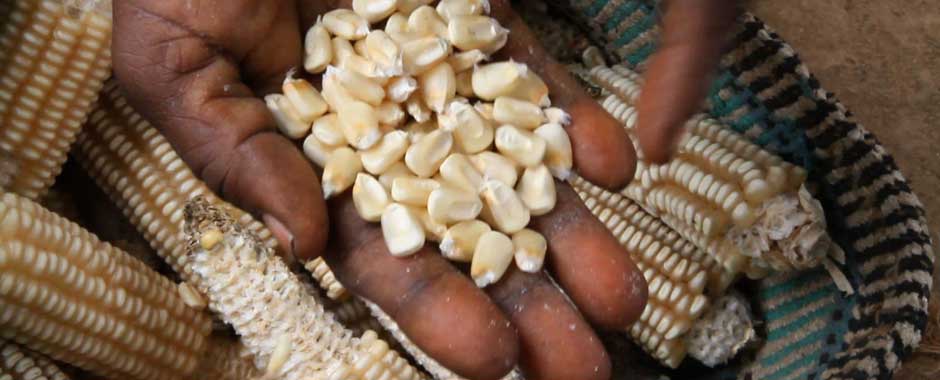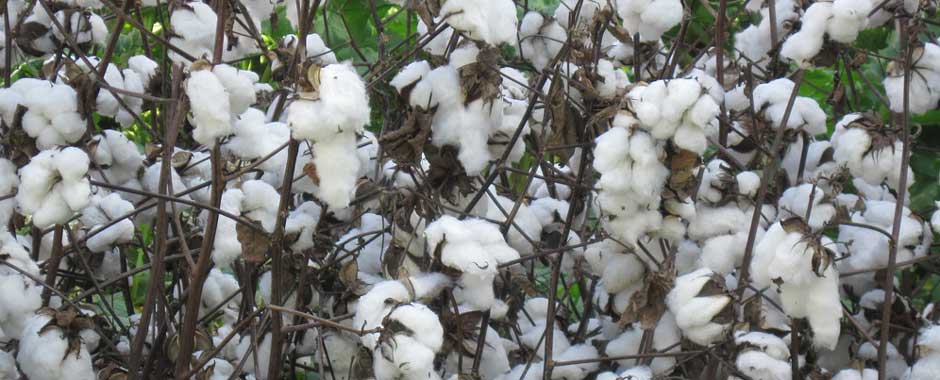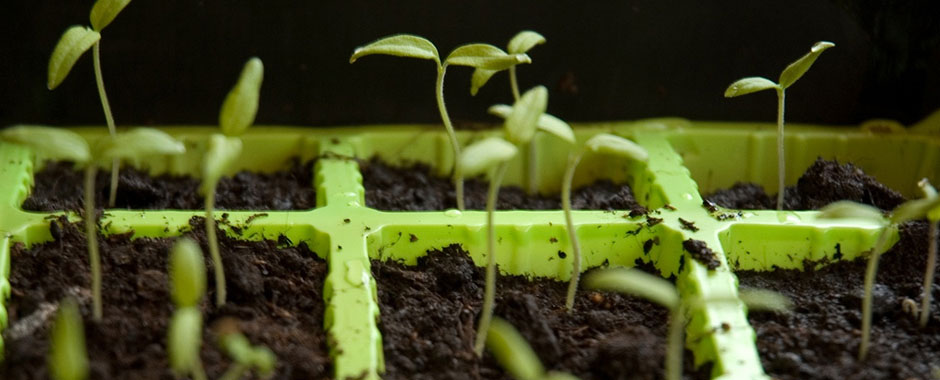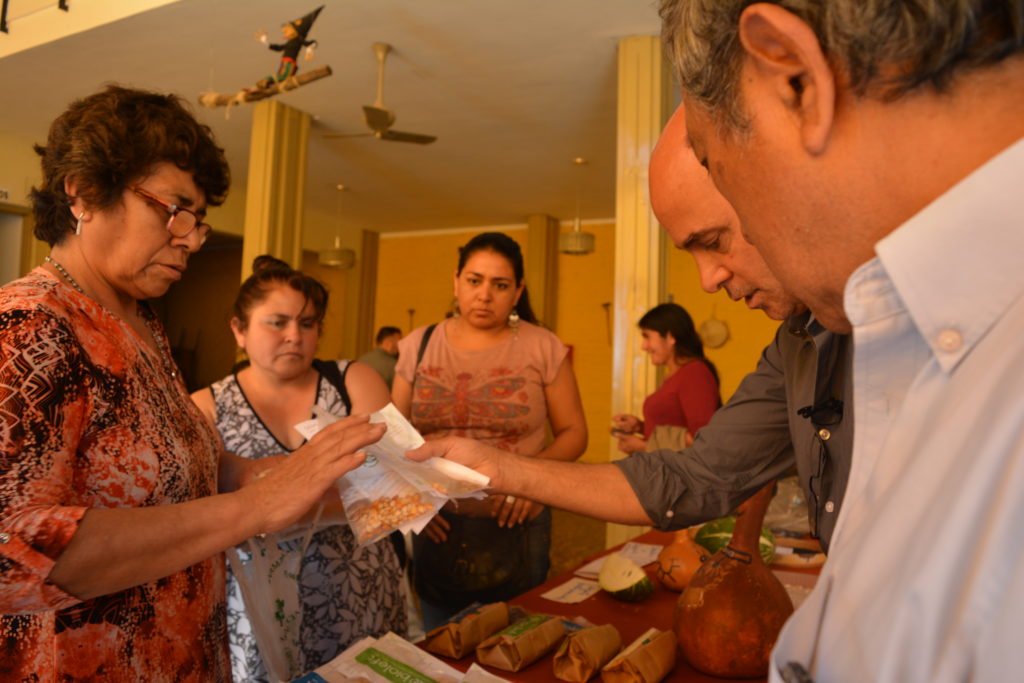Our Biotechnology Research Archive is a collection of evidence-based research by STEPS-affiliated researchers and projects, spanning over two decades.
Each theme begins with a list of articles of general relevance, followed by sections which focus on Africa, China, Europe and India.

The European Commission’s support for the production of this publication does not constitute an endorsement of the contents, which reflect the views only of the authors, and the Commission cannot be held responsible for any use which may be made of the information contained therein.

Genetically-modified (GM, transgenic) crops were first commercialised in the 1990s. They began to be planted by small-scale farmers in countries such as China, India, Pakistan, South Africa and Burkina Faso. Since before they were launched, biotech crops have been trumpeted by some as a solution to the global food crisis, a route to transforming developing agriculture, and a tool for reducing poverty and achieving food security for millions. Others have said that GM crops spell doom and disaster for farmers, with unacceptable environmental and safety risks.
Since 2012, attention, excitement and controversy have shifted to a new set of ‘genome editing’ techniques, notably a tool widely known as CRISPR, and sometimes called ‘new breeding techniques’ (NBTs) or ‘new genetic techniques (NGTs). These are said to be even more precise, controllable, affordable and accessible than transgenics. The techniques are different, but the controversy surrounding modern biotechnologies continues, and in various ways it replicates the polarised debates that surrounded transgenics twenty years ago.
The world faces the major challenges of feeding a growing and increasingly urbanised population while operating sustainably in a changing climate. To what degree can modern biotechnologies make a substantive contribution to increasing food production, strengthening livelihood security, and building resilience in the face of global heating? Should European governments and aid agencies back a biotech push towards boosting agricultural production across the world? What governance measures are required in order to ensure that new biotechnologies work for poor farmers and consumers?
The STEPS Biotechnology Research Archive explores these and related issues. It collates peer-reviewed research, popular articles, blog posts, policy briefings and other outputs from two decades of STEPS-linked research in and on Africa, Asia, Latin America and Europe.
The Archive includes research stretching back to the early 1990s, along with material from a series of core projects (2000-2003) supported by DFID, the ESRC and the Rockefeller Foundation, among others. It also covers more recent work (2003-2021) that draws on contemporary experiences with modern agricultural biotechnologies across the world.




